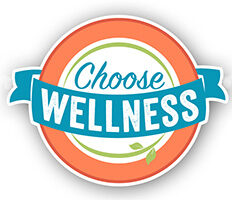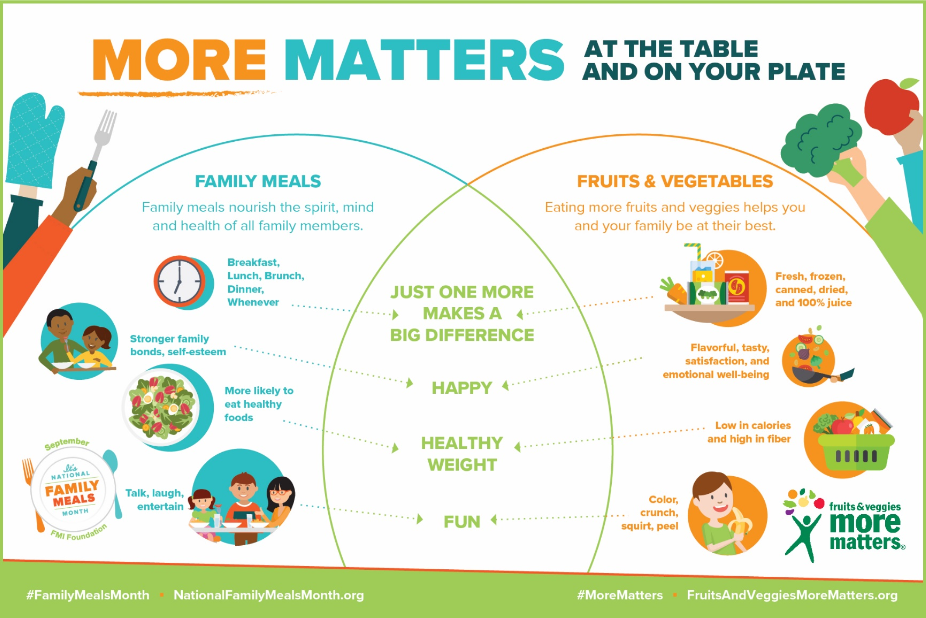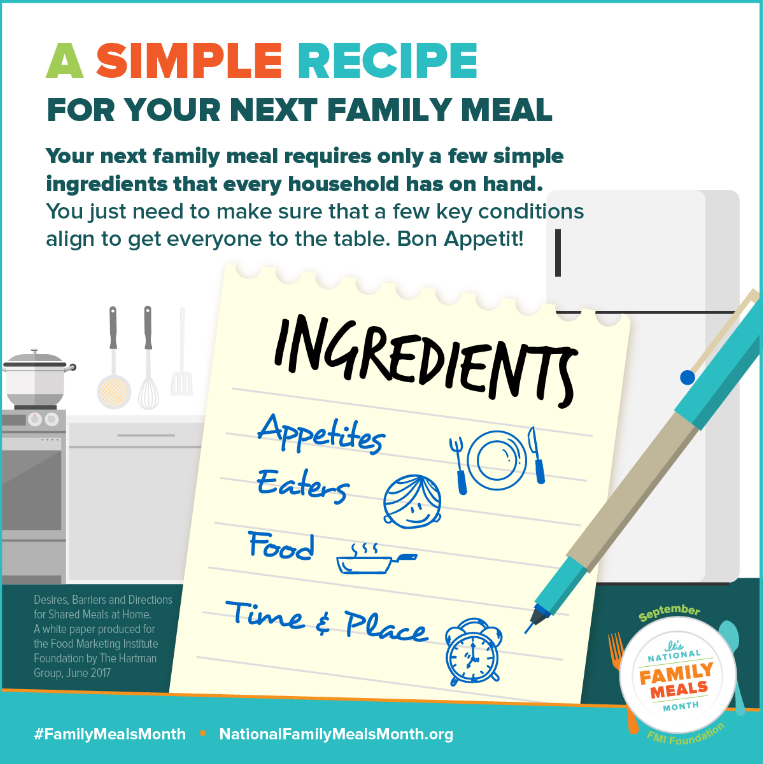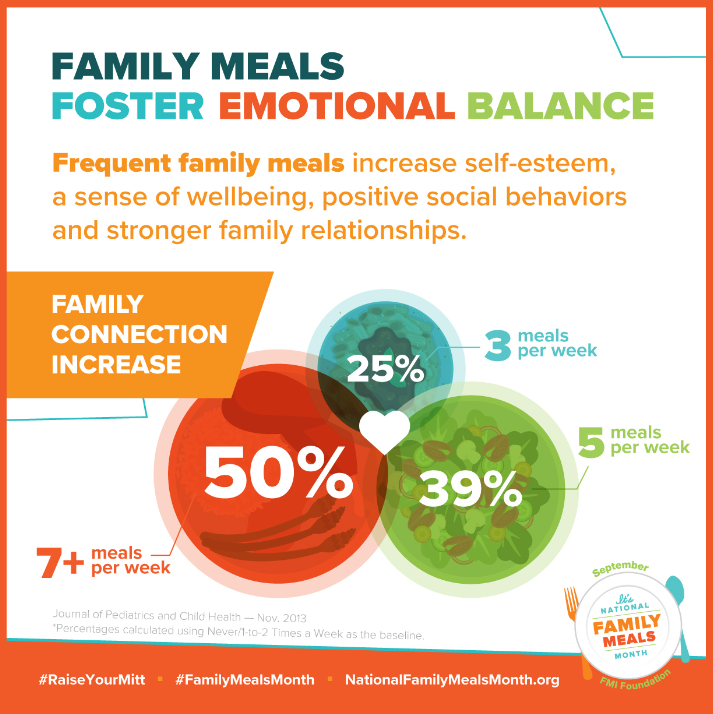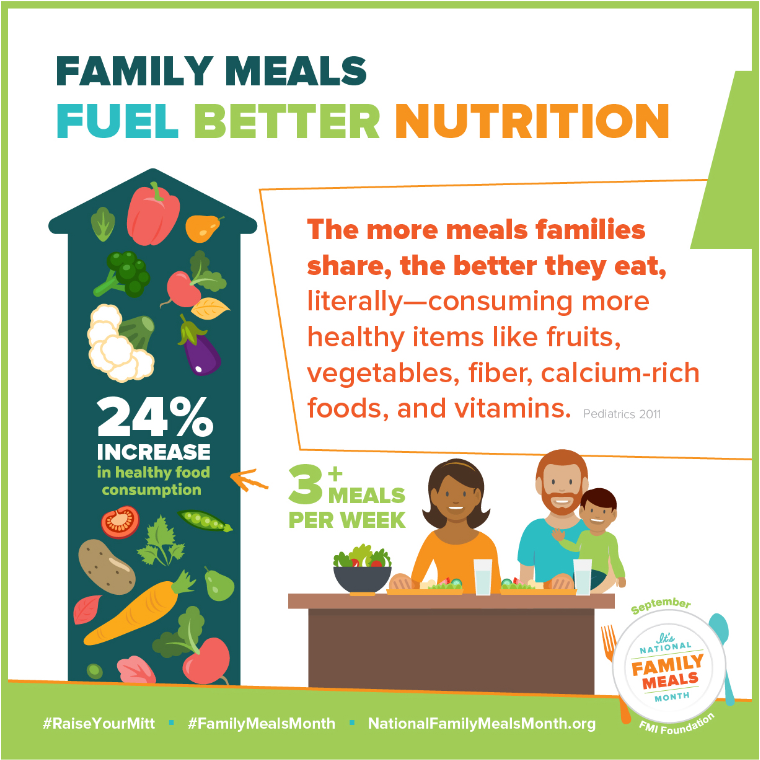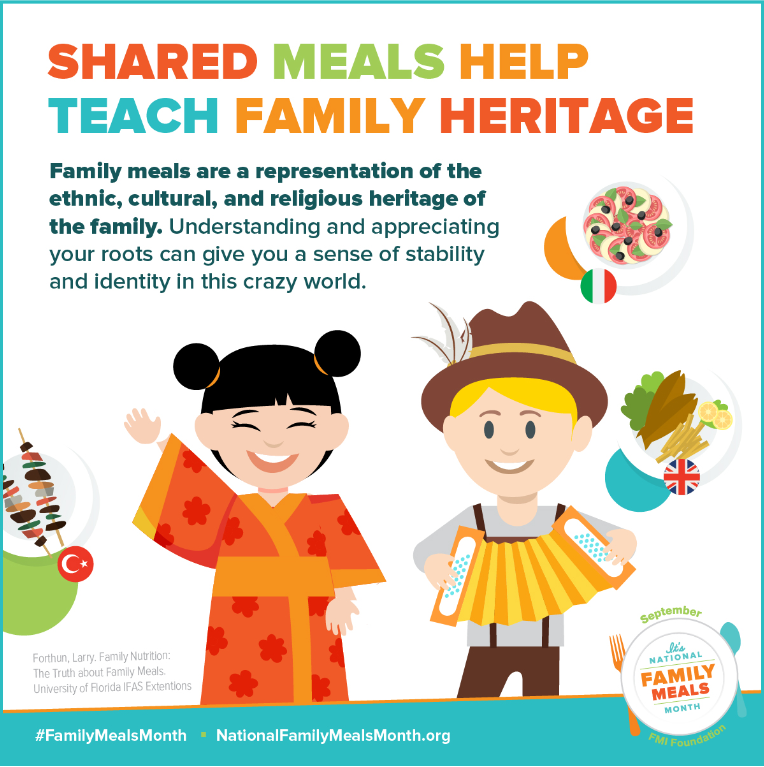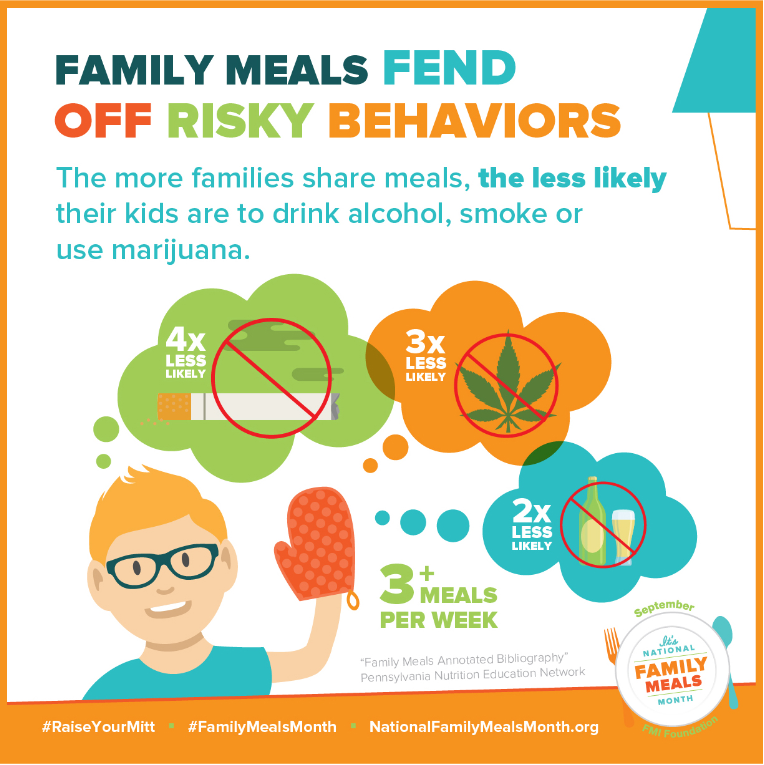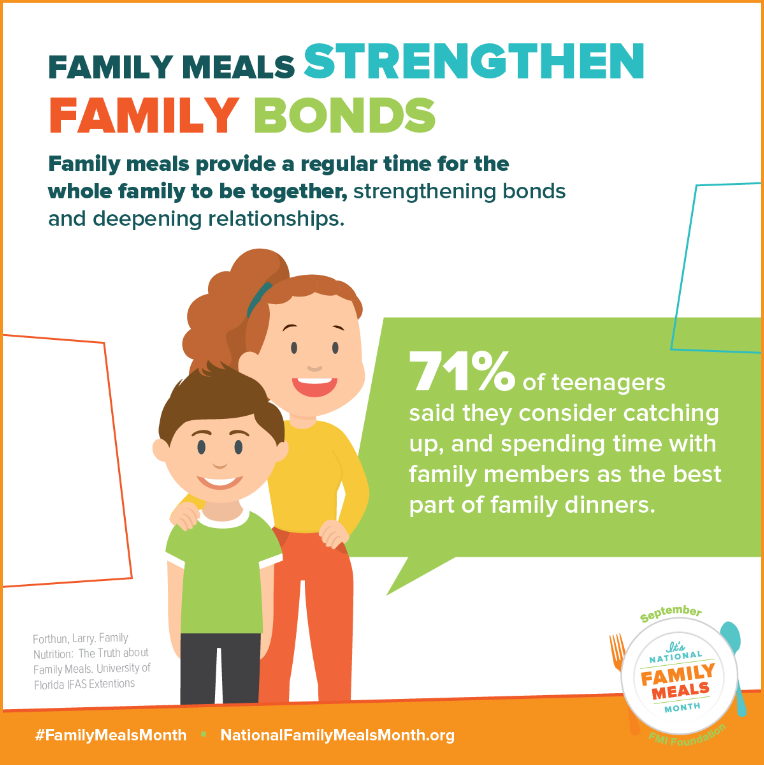Influenza Vaccine Q&A
There are a lot of questions surrounding influenza and the flu vaccine. The Immunization Action Coalition answers your burning questions to help your family have a healthy flu season.
Is influenza more serious for kids?
Infants and young children are at risk for getting seriously ill from influenza. That’s why health experts recommend that all children 6 months and older and all adults get vaccinated against influenza each fall or winter.
What is influenza?
Influenza, or “flu,” is an infection of the nose, throat, and lungs. It can easily spread from person to person.
Including the vaccine, how else can I protect my child?
• Every year, get an influenza vaccination yourself.
• Urge your child’s close contacts to get vaccinated, too. This is extremely important if your child is younger than 5 or if he or she has a chronic health problem such as asthma or diabetes. Because children younger than 6 months can’t be vaccinated, they rely on those around them to get vaccinated.
• Wash your hands often and cover your coughs and sneezes. It’s best to use a tissue and quickly throw it away. If you don’t have a tissue, you should cough or sneeze into your upper sleeve, not your hands. This will prevent the spread of germs.
• Tell your children to – Stay away from people who are sick, – Wash their hands often, – Keep their hands away from their face, and – Cover coughs and sneezes to protect others.
What are signs of influenza?
Influenza comes on suddenly. Most people with influenza feel very tired and have a high fever, headache, cough, sore throat, runny or stuffy nose, and sore muscles. The cough can last two or more weeks. Some people, especially children, may also have stomach problems and diarrhea.
How is influenza spread?
People who have influenza usually cough, sneeze, and have a runny nose. The droplets in a cough, sneeze, or runny nose contain the influenza virus. Other people can get influenza by breathing in the virus or by getting it in their nose or mouth. It is also spread by touching a surface that an infected person has touched, such as doorknobs, tabletops, or keyboards.
How long can a sick person spread influenza to others?
People can spread influenza from one day before getting sick to up to five or more days after getting sick.
What should I use to clean hands?
Wash your children’s hands with soap and water. Wash them for as long as it takes to sing the “Happy Birthday” song twice. If soap and water are not handy and hands are not visibly soiled, use wipes or gels with alcohol in them. Gels should be rubbed into hands until the hands are dry.
What can I do if my child gets sick?
Make sure your child gets plenty of rest and drinks lots of fluids. Talk with your child’s doctor before giving your child over-the-counter medicine. If you suspect that your child may have influenza, never give him or her aspirin or medicine that has aspirin in it. It could cause serious problems.
What warning signs should I be on the look-out for during my child’s illness?
If your child has any of the following emergency warning signs, seek urgent medical attention by taking them to an emergency room or calling 9-1-1:
• Fast breathing or trouble breathing
• Bluish skin color
• Not waking up or not interacting
• Being so irritable that the child does not want to be held
• Not drinking enough fluids
• Not urinating or not producing tears when crying
• Severe or persistent vomiting
• Influenza-like symptoms improve but then return with fever and worse cough
Can my child go to school/ day care with influenza?
No. If your child has influenza, he or she should stay home to rest. This helps avoid spreading it to other children.
When can my child go back to school or day care after having influenza?
Children with influenza should be isolated in the home, away from other people. They should also stay home until they are symptom-free for 24 hours (that is, until they have no fever without the use of fever-control medicines and they feel well for 24 hours.) Remind your child to protect others by covering his or her mouth when coughing or sneezing. You may want to send your child to school with tissues or wipes with gels that have alcohol in them if the school allows gels.
Influenza vaccine may save your child’s life.
Most people with influenza are sick for about a week, and then they feel better. But, some people, especially young children, pregnant women, older people, and people with chronic health problems can get very sick. Some even die. A yearly vaccination against influenza is the best way to protect your child from this serious disease. It is recommended for everyone 6 months and older.
